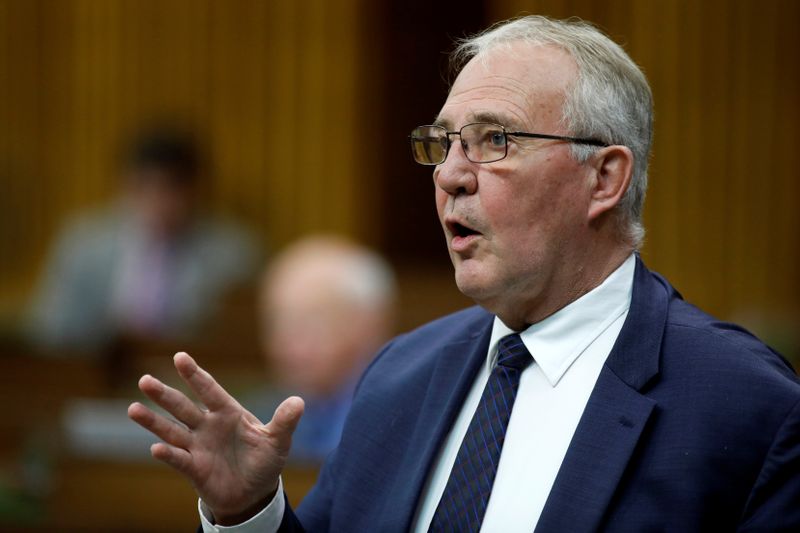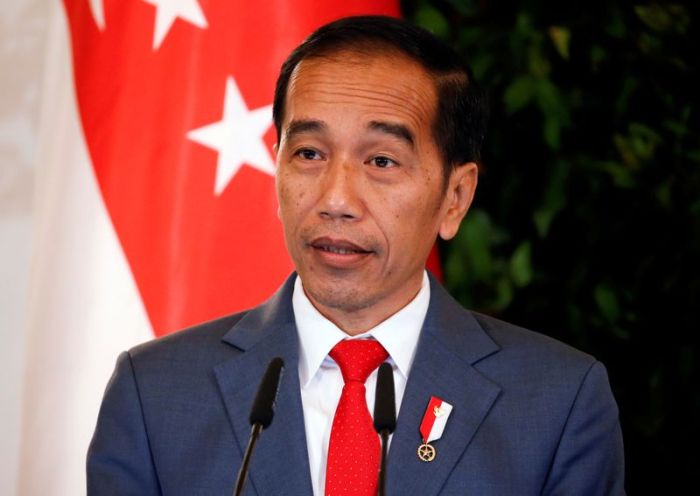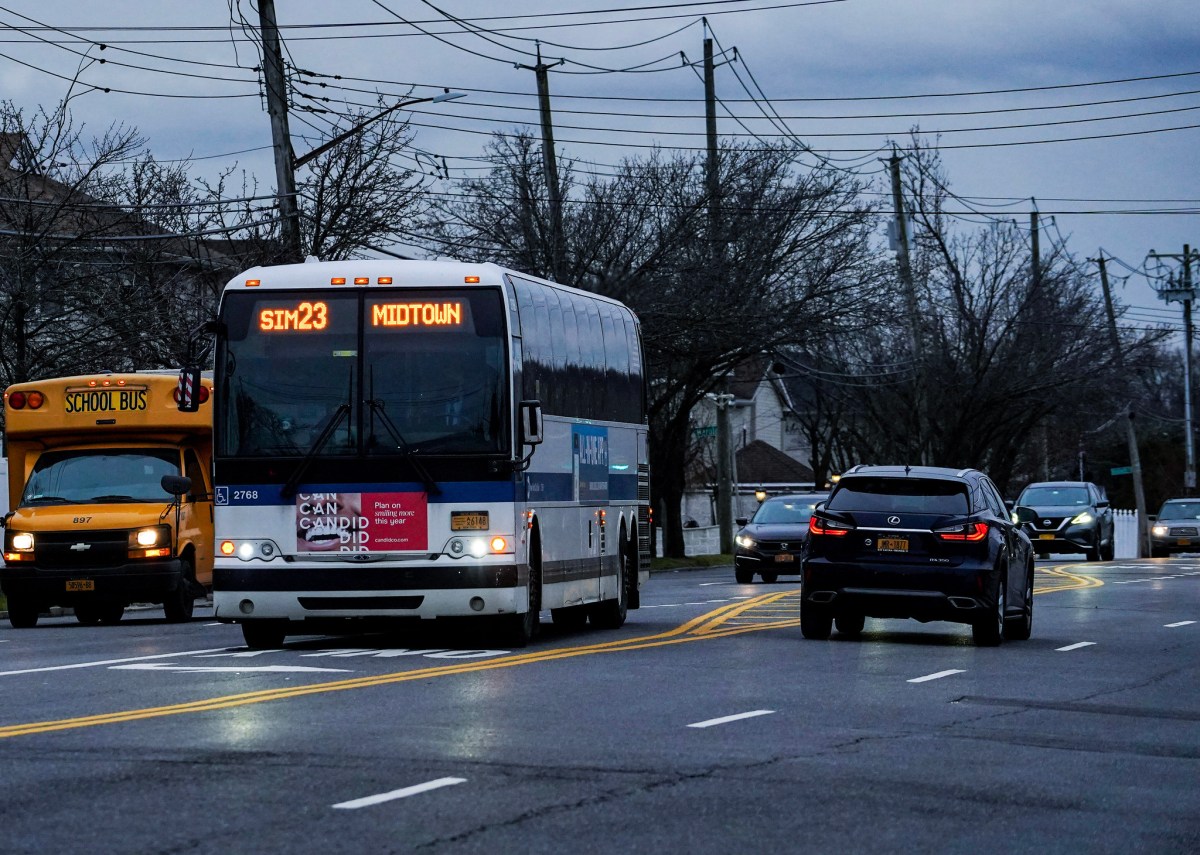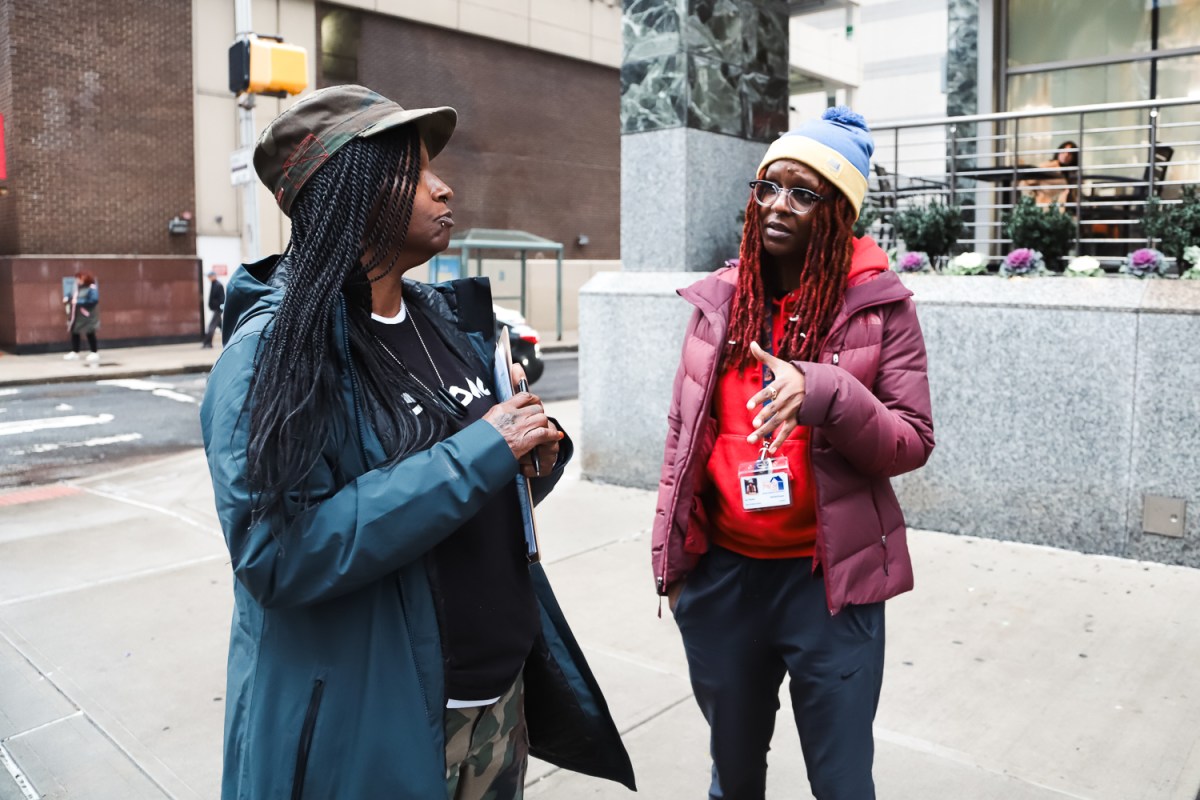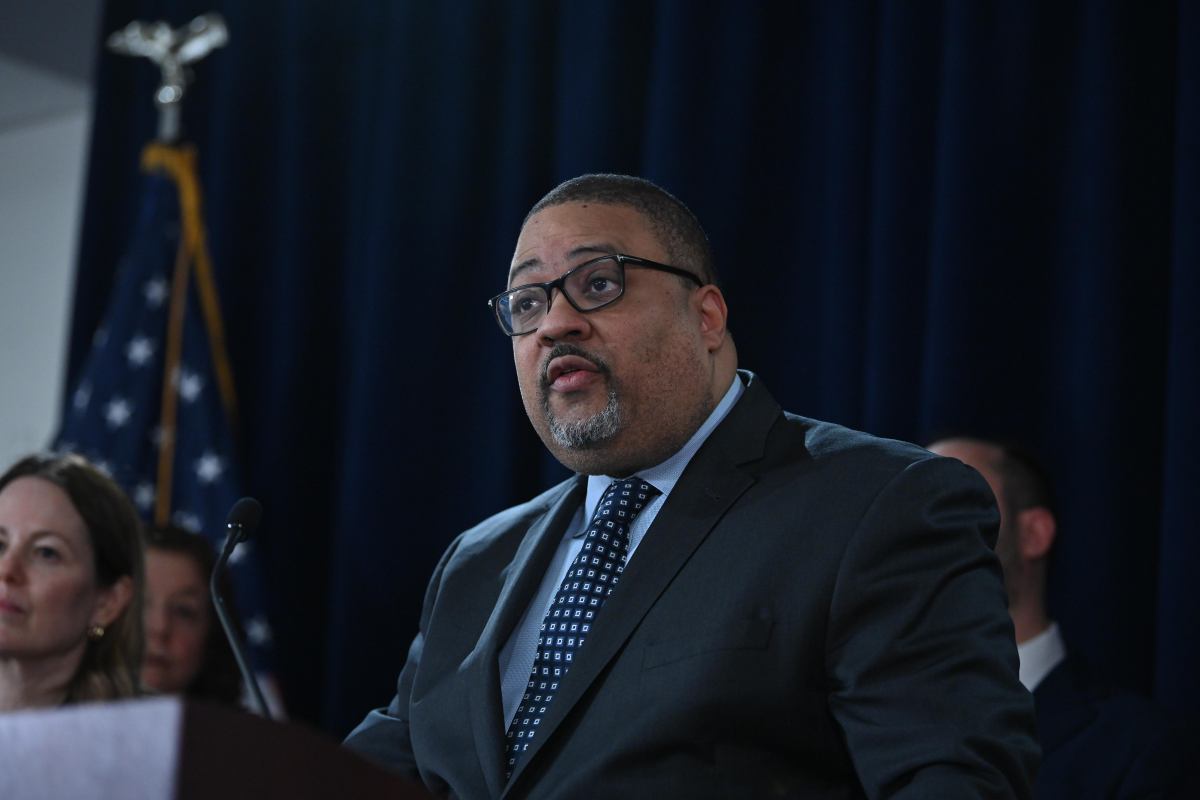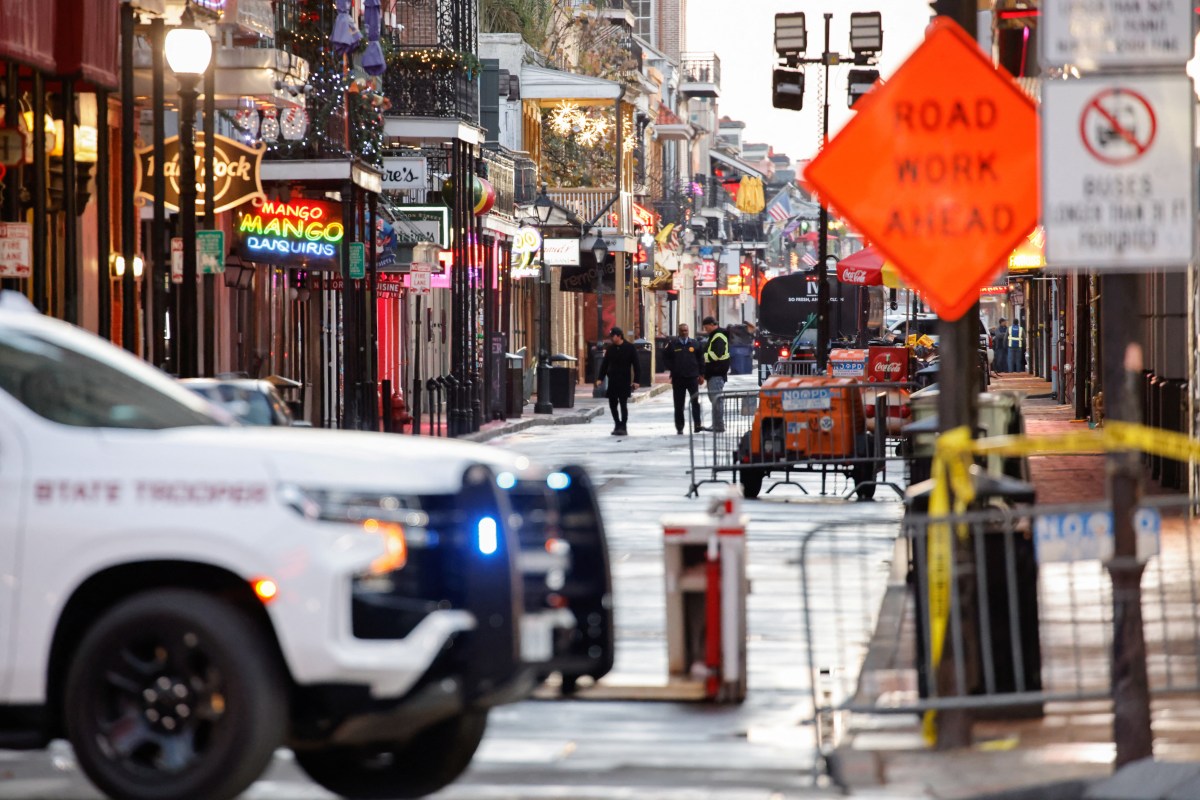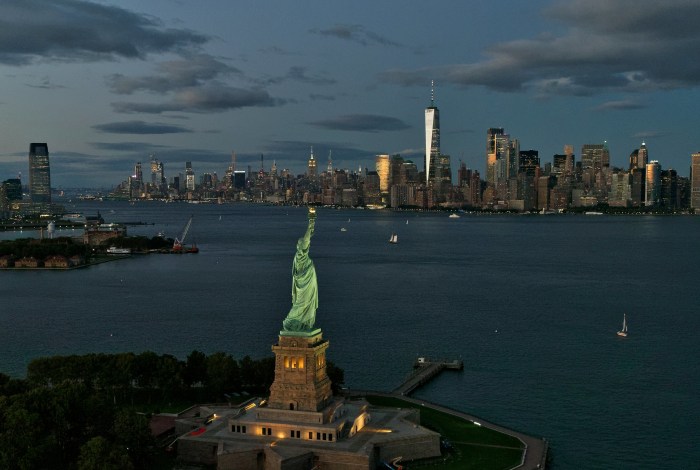WASHINGTON/OTTAWA (Reuters) – The United States’ land borders between Canada and Mexico will remain closed to all non-essential travel until Nov. 21, the U.S. Homeland Security Department said Monday.
The extension comes as the United States remains one of the worst-affected countries in the world and is reporting the second-highest number of new cases daily.
“To continue to limit the spread of COVID, the U.S., Mexico, and Canada will extend the restrictions on non-essential travel through Nov. 21. We are working closely with Mexico and Canada to identify safe criteria to ease the restrictions in the future and support our border communities,” said U.S. Acting Homeland Security Secretary Chad Wolf on Twitter.
Mexico’s foreign ministry also confirmed that the measures will remain in place and unchanged until Nov. 21.
Canada’s Public Safety Minister Bill Blair earlier disclosed the latest one-month extension on Twitter, confirming a policy put in place in March to control the spread of COVID-19.
“We’d love to have the border open … but we can’t do that unless we’re comfortable that Canadians are being kept safe,” Prime Minister Justin Trudeau said in an interview on AM 900 CHML Hamilton radio earlier on Monday.
“Right now, the situation in the United States continues to be of concern,” Trudeau added.
Last month, on the day the border extension was confirmed, U.S. President Donald Trump said it would open “pretty soon” because Canada wanted the restrictions lifted. But Canada’s government has made it clear it does not want the restrictions removed until COVID-19 is under control in both countries.
The restrictions are particularly painful for U.S. and Canadian towns along the border that are tightly intertwined.
Statistics Canada said earlier U.S. visits to Canada by automobile had plummeted by more than 95% in August compared with August 2019.
(Reporting by David Shepardson and Steve Scherer; Additional reporting by Frank Jack Daniels and Ted Hesson; Editing by Chizu Nomiyama, Marguerita Choy and Andrea Ricci)

